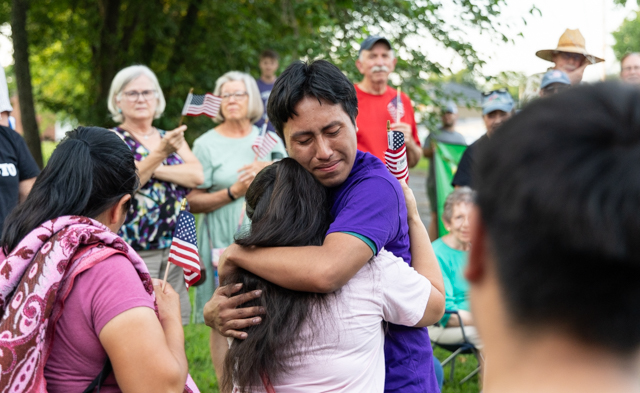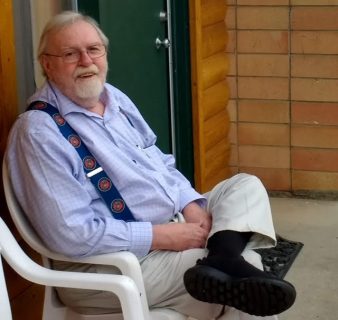Project Pamoja gives crucial aid to community
Published 6:00 am Sunday, January 19, 2025




It’s no secret that Bowling Green has a large migrant population. Often times though, these individuals are left out of the loop on different programs and features of the community, especially with regard to education.
Help is at hand through a program called Project Pamoja. Pamoja, which means “together” in Swahili – a language spoken widely in Bowling Green’s African immigrant community – was started by Issa Mtete Bawa, himself a member of this community.
Originally from the Democratic Republic of the Congo, Bawa lived for around 20 years in Tanzania before coming to the United States.
Now a refugee training coordinator with the South Central Workforce Development Board, he is working in Bowling Green to help migrant students and their families get better acquainted with education and better educate school officials on migrant backgrounds through the program.
“Many parents (of refugee and immigrant children) didn’t go to school,” Bawa told the Daily News. “They don’t know how it works.”
Pamoja was started in May by Bawa after he learned some students from migrant backgrounds were struggling with their classwork.
“There are more D (grades) or failures in many classes,” Bawa said. “So we need to see how we can help our students.”
Additionally, he learned there are disconnects between schools and parents when it comes to students’ classwork. He said when school is canceled or closed early and students are sent home with Chromebook laptops, many migrant students don’t have internet access.
Further, many parents are detached from different school events. He said if school policies change, if curriculum is altered or if there are parent meetings going on, some families never learn about it.
“We need to let parents know how it works, because if they don’t know, they can’t support the kid at home,” Bawa said.
This, he said, is why he started Project Pamoja. By Bawa’s estimate, he has assisted around 150 families get more involved in education for their children.
“This pushed me to come up with this idea,” Bawa said. “We can help (the) school know about this background, and also help families to know how it works in (the) USA.”
We believe Project Pamoja is a crucial program for the city’s migrant population and as the usage of technology inside the classroom and outside increases, the program will grow in importance.










